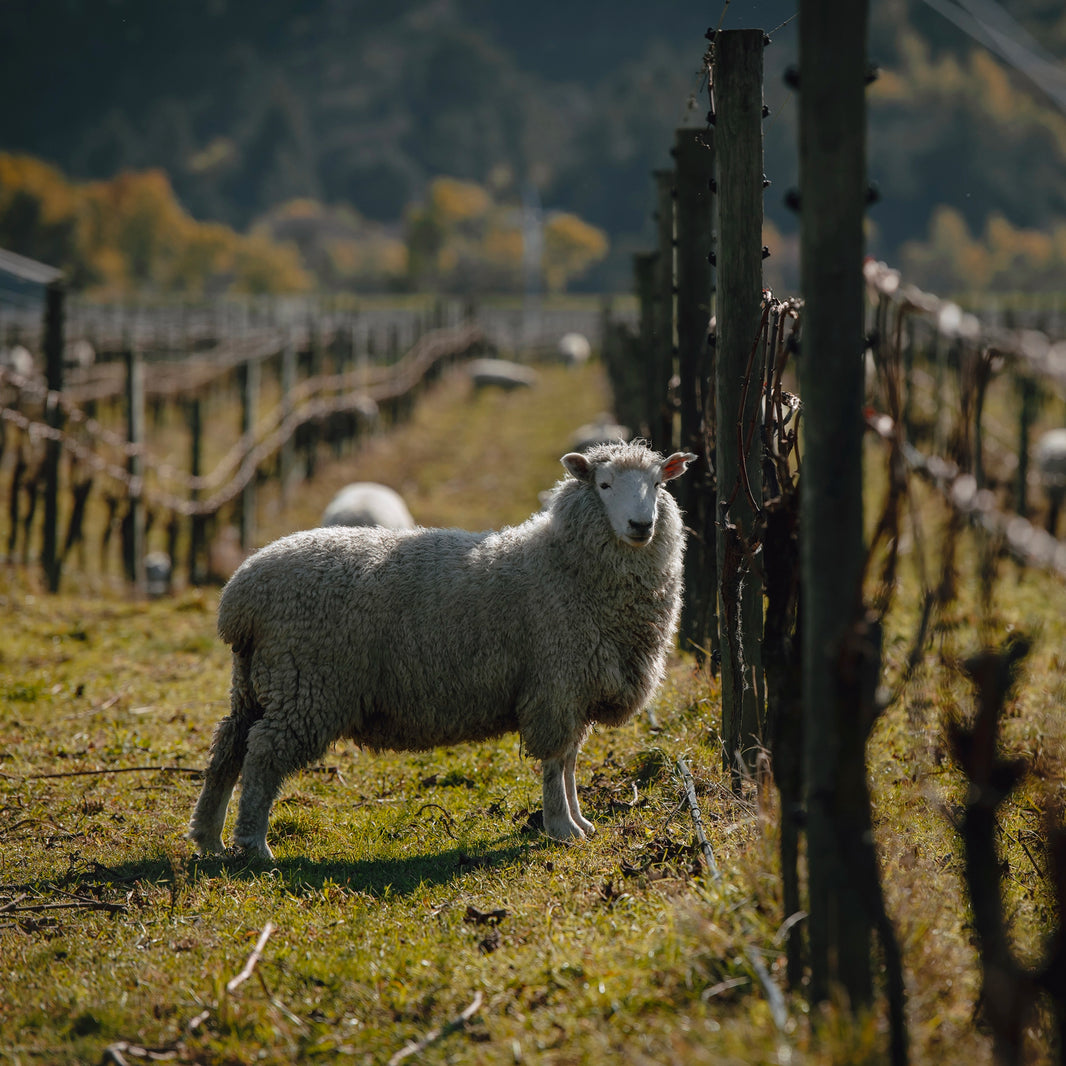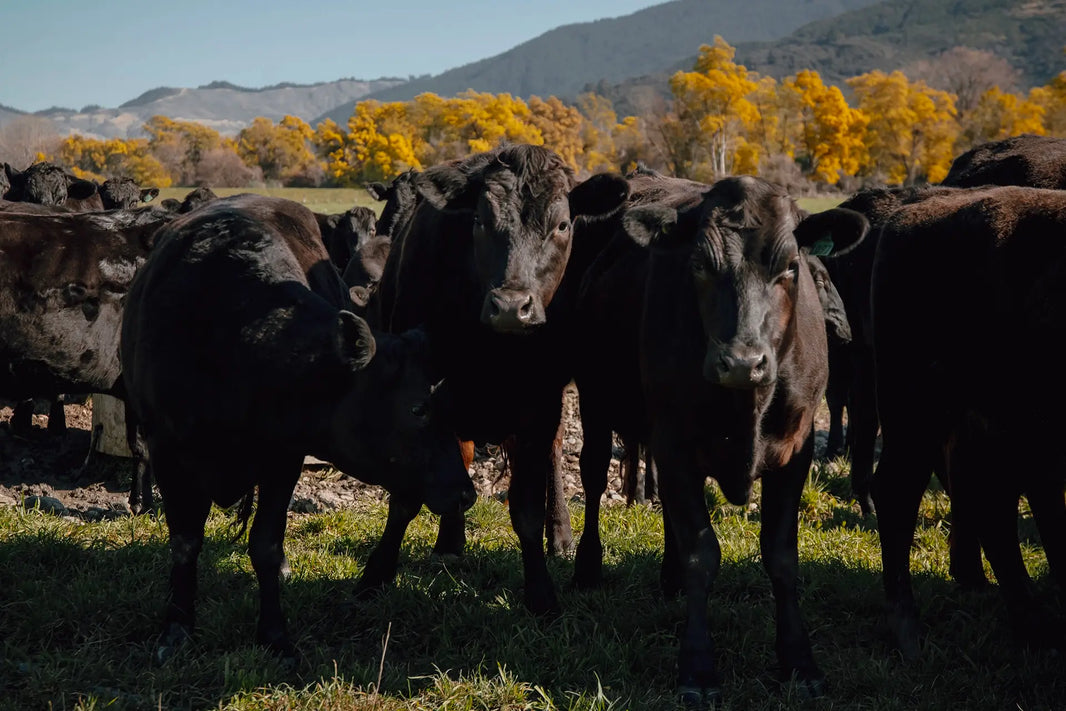Thirsty for Something Delicious? Sign up now for exclusive offers and occasional updates from the McLauchlan family.
The Place
Balvonie is Scottish for ‘Farm in the Foothills’. Home now to the third generation of the McLauchlan Clan, sustainability and guardianship of the land is at the core of every farming and winemaking decision. The Balvonie wine label is completed by a celtic knot. A nod to the McLauchlan family’s Scottish heritage, as well as a mark of interconnection, the cycle of life and a symbol of love and happiness.

Our Story
Ben and Helen are third generation McLauchlan’s, today’s custodians of Balvonie NZ.
The McLauchlan family has an extensive history with Marlborough, dating back to 1859 when Alexander McLauchlan first purchased farmland in the region. His grandson, Lyell, followed in his footsteps purchasing a property in 1935 within the Rapaura subregion. Hailing from the McLauchlan Clan (the Scottish Highlands’ oldest clan), Lyell named the land Balvonie in a nod to his Scottish history. Balvonie, meaning ‘in lay of the hill’, or ‘farm in the foothills’, was a fitting Scottish name for the piece of land which was nestled beneath the Richmond Ranges and on the banks of the Wairau River.
Over time, Lyell and his son Bruce purchased additional land around their Wratt’s Road property, planting grapes as well as farming sheep and cattle. When Ben and Helen moved back to Marlborough in 2013, they joined their family on Wratts Road, buying an adjacent section with a family home and some land ideal for grapevines.

Without children of his own and looking to continue the Balvonie story, Bruce approached the next generation to continue his work. In 2017 Ben and Helen took ownership of Balvonie Farm and established Balvonie New Zealand as its overarching business.
Balvonie NZ is thriving thanks to the careful work of the generations who came before, combined with Ben and Helen’s integration of sustainable practices. Upon this land, Ben and Helen continue to produce quality beef as well as grapes which are sold and exported to the world by valued partners. The pair actively strive to work as guardians of the land, protecting it for future generations as those who came before them did so well.
Ben and Helen have three children, all of whom have relished the opportunity to grow up on a farm steeped in family history.



